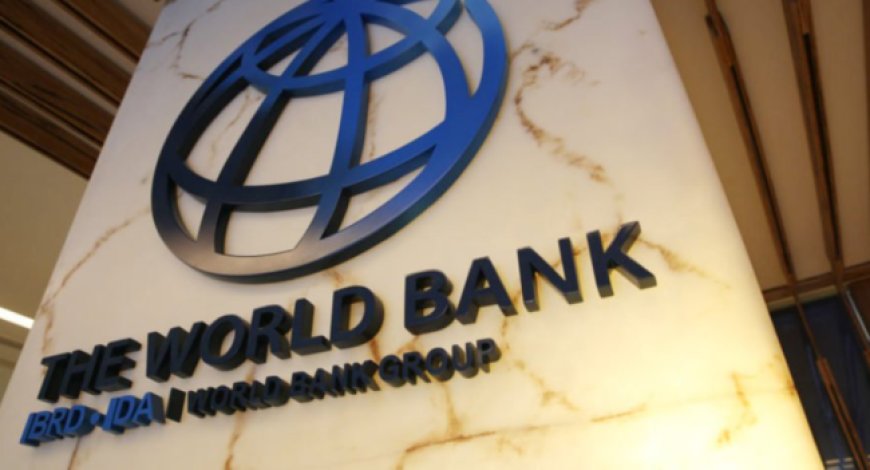W’Bank to invest $14bn in agric transformation

The World Bank plans to deploy as much as $14 bn to boost global agribusiness by 2030 through a new programme dubbed AgriConnect, part of a broader effort to create jobs and drive inclusive growth in developing economies.
The initiative, announced during the World Bank Group–International Monetary Fund Annual Meetings under the theme “From Sectors to Systems: Building Job-Rich Economies at Scale”, is designed to help shift smallholder farming from subsistence to profit-driven enterprise. The lender says AgriConnect could generate millions of jobs while strengthening food systems and rural economies in low- and middle-income countries.
World Bank President Ajay Banga said the programme marks a major shift in the institution’s approach from financing isolated projects to building entire economic ecosystems that can deliver sustainable job creation.
“We’ve set a target to double our agribusiness commitments to $9bn annually by 2030, aiming to mobilise an additional $5bn,” Banga said at the launch event, AgriConnect: Farms, Firms, and Finance for Jobs.
“This is grounded in what we’ve tested in the field and in lessons borrowed from others. Steal shamelessly and share seamlessly; that is how we succeed together.”
According to the World Bank, family farms, including more than 500 million smallholders, produce about 80 per cent of the world’s food, yet many remain trapped in poverty without access to markets, finance, or modern technology.
The AgriConnect campaign calls on governments, private investors, and donor partners to pool resources to close these gaps and make agriculture a major engine of employment and growth.
The initiative will prioritise investments in infrastructure, digital technology, and policy reforms that help farmers increase productivity, integrate into value chains, and access financing. By doing so, the Bank hopes to strengthen food systems and reduce the risks of unemployment and hunger in rural areas.
Banga emphasised that the jobs agenda remains central to the World Bank’s mission of ending poverty on a liveable planet. With more than one billion young people expected to enter the global workforce over the next decade, he said, the world cannot afford to ignore sectors like agriculture that offer large-scale employment potential.
Beyond AgriConnect, the Annual Meetings featured broad discussions on how to build job-rich economies at scale, bringing together leaders from governments, civil society, and the private sector. The World Bank’s Development Committee, representing all 189 member countries, reaffirmed support for a faster and more effective institution capable of delivering impact with efficiency.
At the sidelines, the Leaders’ Speaker Series featured global voices, including Dr. Mona Mourshed, CEO of Generation, and Dr. Rania Al-Mashat, Egypt’s Minister of Planning and International Cooperation, who shared insights on aligning education, innovation, and policy with job creation goals.
The AgriConnect launch capped a week of engagement that underscored partnership, trust, and collaboration as the bedrock of sustainable development.
“Jobs remain the most reliable route out of poverty,” Banga added. “They provide dignity, stability, and hope. Through AgriConnect, we are connecting the dots between farms, firms, and finance to deliver those opportunities at scale.”









